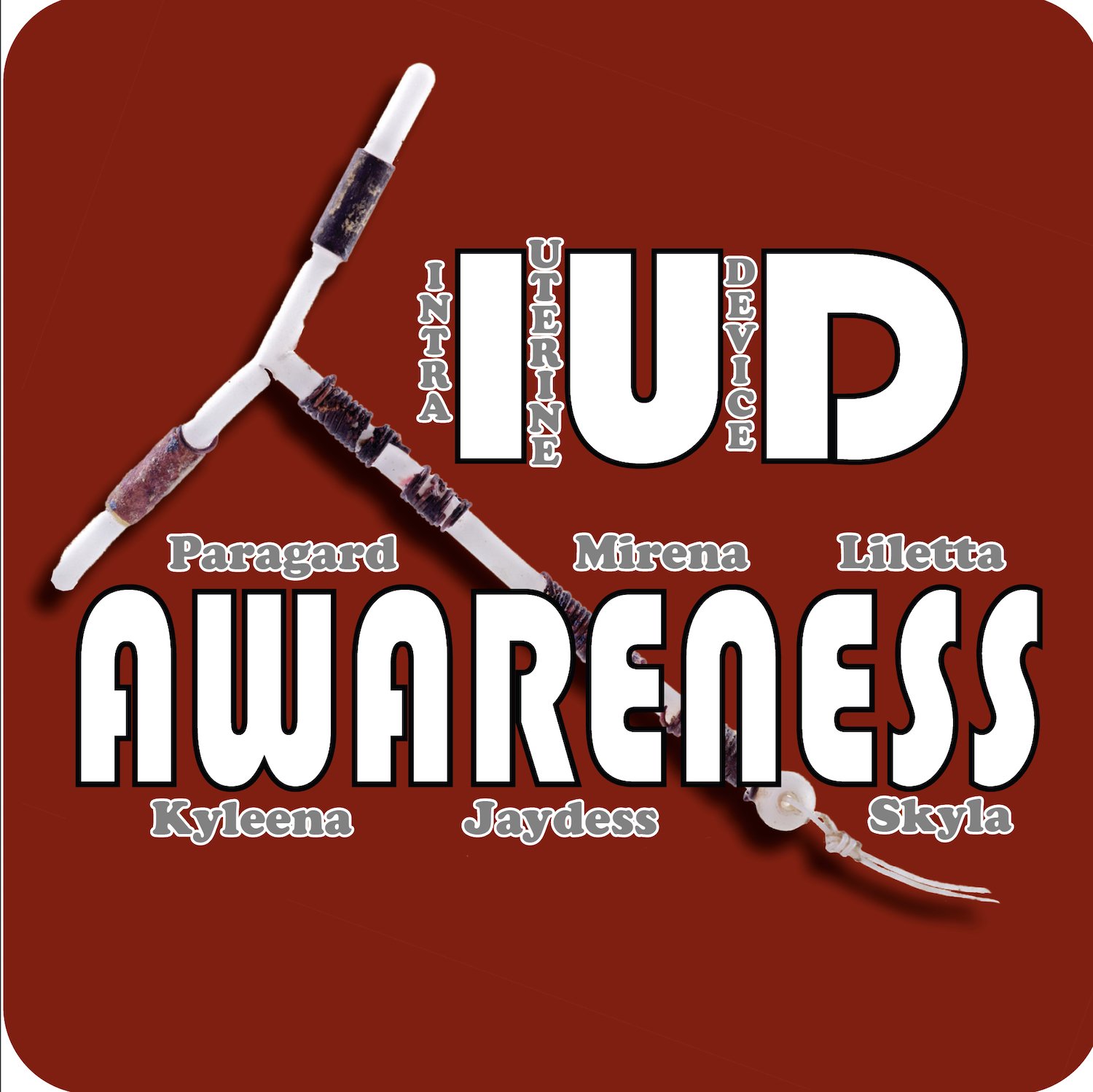Coping with symptoms after Mirena removal
/Symptoms after Mirena removal
“After a doctor removes the Mirena IUD, a person may experience some mild pain or bleeding. This may continue for a few days.
If a doctor used a hysteroscope to remove the IUD, the person may also feel some cramping and have a bloody discharge for a few days after the procedure.
People living with epilepsy may experience a seizure during removal.
Anyone who develops a fever, chills, or heavy bleeding following IUD removal should consult a doctor immediately.”
Mirena crash
“Some people report that they experience a ‘Mirena crash’ after removal of the device. Doctors have not defined the Mirena crash in medical literature, so its description comes from personal accounts.
One theory about why the Mirena crash happens is that removing the IUD causes a drop in progesterone or a hormonal imbalance. It may take time for the body to create more.
Unlike the short-term symptoms of Mirena removal, a Mirena crash involves longer-lasting psychological, neurological, and physical symptoms, that might include:
People report that these symptoms can last weeks or sometimes months after a doctor has removed the Mirena.
However, researchers have not yet studied the Mirena crash, its potential symptoms, its causes, or how to treat it.”
Read the article for more about:
Unwanted side effects
Fertility
IUD expulsion
Pregnancy
Pelvic inflammatory disease
Pelvic actinomycosis
Other reasons
How to cope with symptoms
When to see a doctor
“While some people experience uncomfortable symptoms after Mirena removal, they are usually temporary. However, if the symptoms do not improve over time, or they get worse, a person should see their doctor.
Seek help immediately if any of the following symptoms appear:
a fever
chills
heavy bleeding
severe pain
Doctors advise against trying to mask severe pain with medication, as it could be a sign that a person needs medical treatment.”
Summary
“Mirena removal can cause symptoms such as mild pain, bleeding, or cramps that may last a few days. OTC pain medication and personal hygiene products may help people cope in the short-term.
Some people report neurological, psychological, and physical symptoms after Mirena removal. People with symptoms that last longer than a few days should speak with a doctor.”












Mirena Side Effect Support
Babycenter